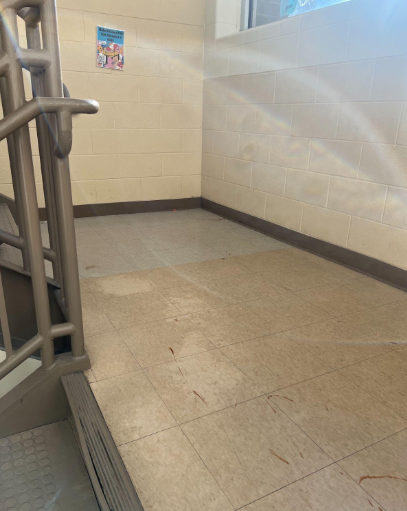Should we be Polite to AI?
- The Range Staff

- Apr 29, 2025
- 3 min read
By Benny M.

As AI tools continue to grow more popular, and society adapts to it, a question has been asked countless times, with varying answers. Should people be polite and respectful when using AI tools? Is there any real advantage to it, is it trivial, does it affect the responses, will the AI remember our kindness someday? Of course, that last one was a joke, but when it comes to the other questions, there are actually different answers, and different ways to answer.
Out of 55 Mountain Range students and staff surveyed, only 20 said they use “please” and “thank you” while using AI or Voice Assistant tools. The other 35 said they don’t, and are more brief and/or concise. So, using this (admittedly small) sample size as a representation, roughly 64% percent of the people at MRHS don’t go out of their way to be polite to AI. This might not be the norm outside of MRHS, though, as a recent survey by techRadar.com actually found that about 70% of the people they surveyed are polite, for various reasons explained in the article. So if it’s only by social norms, no, more people don’t use extra politeness when using AI.
What about for results? To simplify AI’s mechanics, each word in a sentence is analyzed (and it’s relation to others in a sentence and a built memory, for context purposes) and assigned meaning in the algorithm, which then decides how to respond based on characteristics like tone, subject, the actual words, and even scenarios. Saying things like “please” and “thank you” will actually increase the positive tone of the messages, creating a similar response tone. Thus, prompts which don’t have manners might actually elicit a more cold response, mirroring the tone used in the request. When asked whether users should be polite, specifically with “please” and “thank you,” ChatGPT’s response contained several helpful pieces of information, including: “how you speak to me can shape the tone of the conversation. If you're warm and courteous, I'll usually mirror that. If you're all business, I can match that too.”
Another valid reason has to do with how someone conducts themselves in human-on-human interactions. If someone already uses polite language in conversation, it might make them feel more comfortable using it in conversation with a non-human – especially knowing that chatbots will reciprocate with similar manners in their responses – making interactions more helpful or easy to connect to. As ChatGPT puts it: “Some people just enjoy being polite as a matter of habit or personal style, and I totally vibe with that. … it’s less about manners for my sake and more about making the chat feel how you want it to feel”
Strangely enough, there's also actually an economic factor to the question. Recently, a post wondering how much money OpenAI loses on electricity while processing these polite additions received a response from the CEO of OpenAI, Sam Altman: “tens of millions well spent–you never know.” while also clearly a joke, this might actually raise a valid point. When processing responses, albeit insanely quickly, there is still a server needed to host all the computation, which is done by OpenAI. Individual words may not seem like much, but with literal hundreds of millions of users weekly, and with more than a billion messages processed daily, according to an ElfSight article, the teeny cost of each word for the electricity required to power these computations, it can stack up. Each “please” and “thank you” is just a small piece of a massive structure of processing costs. So, the more people are polite to bots, the more money (over time and enough people) they cost host companies. So, if you don’t care either way about the tone of the conversation or the manners involved, you can choose solely based on economics.
So it turns out, you can put a price on manners.


